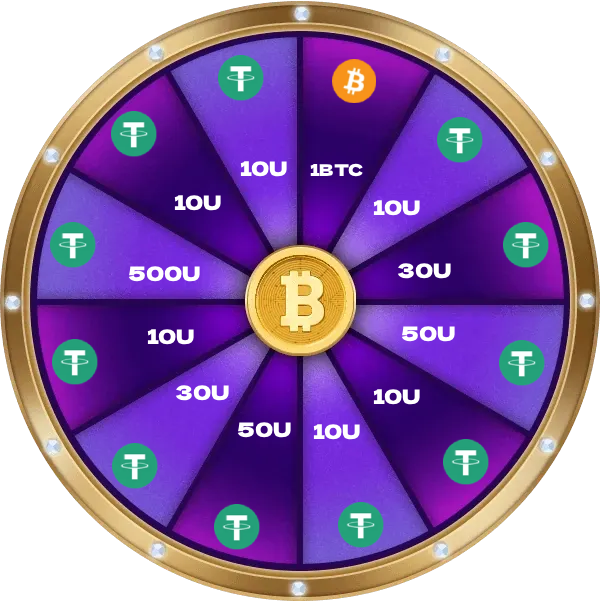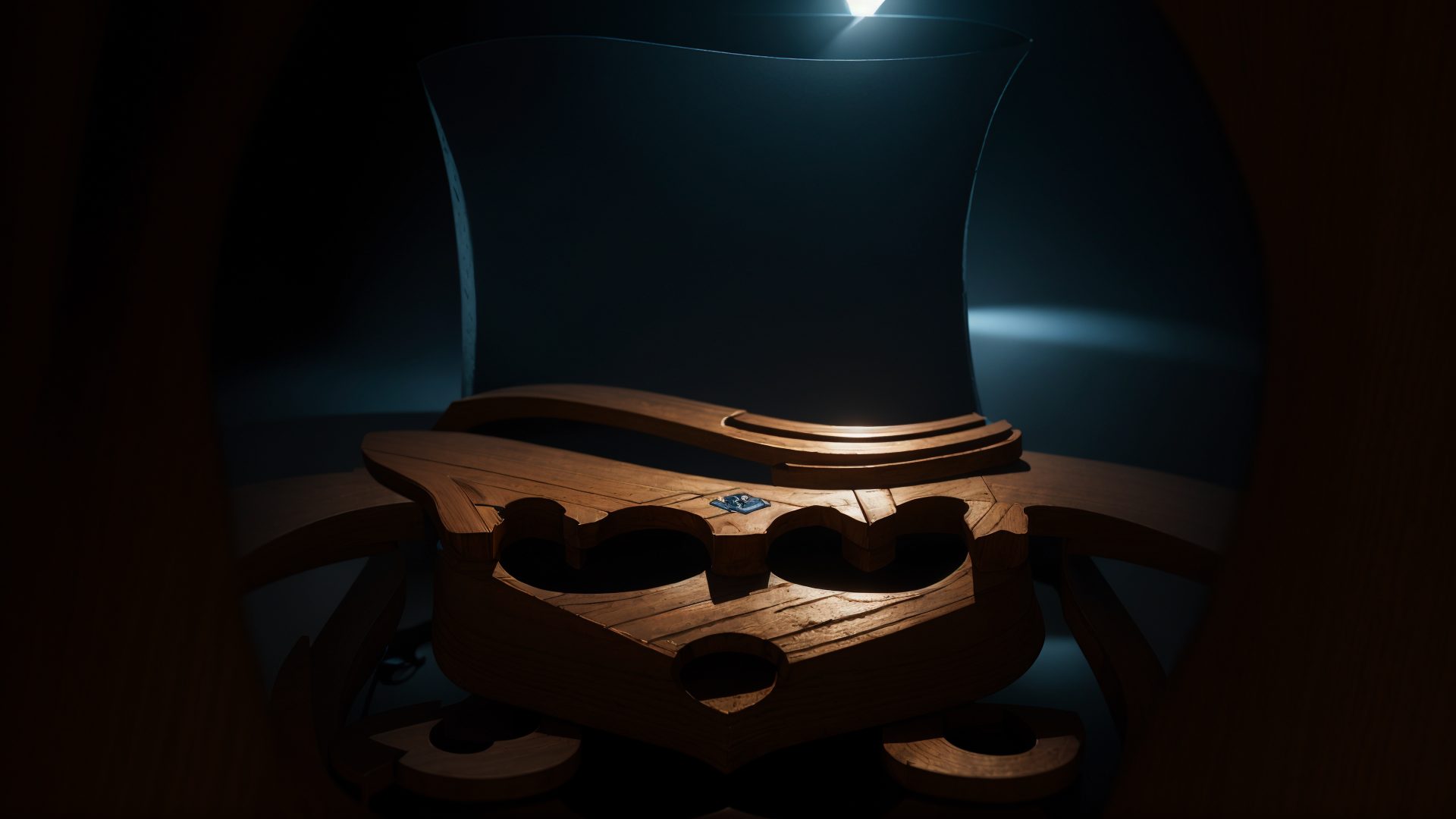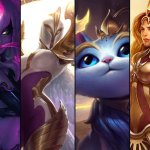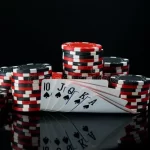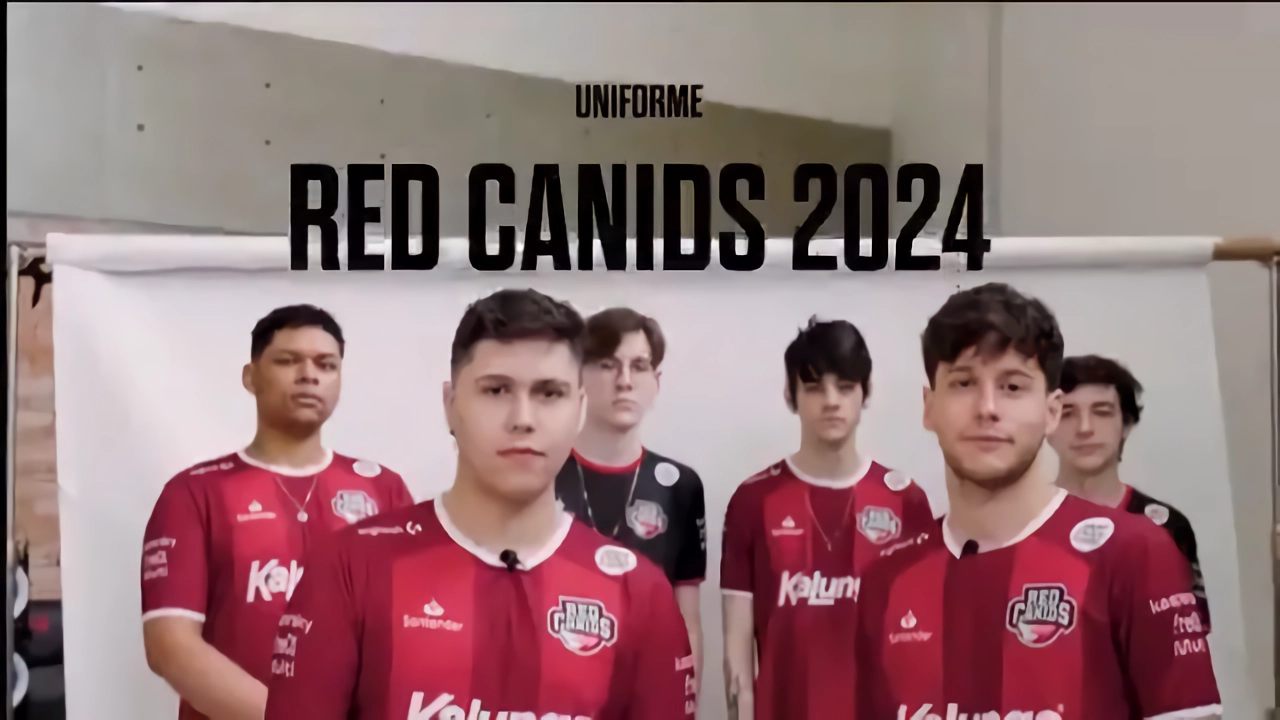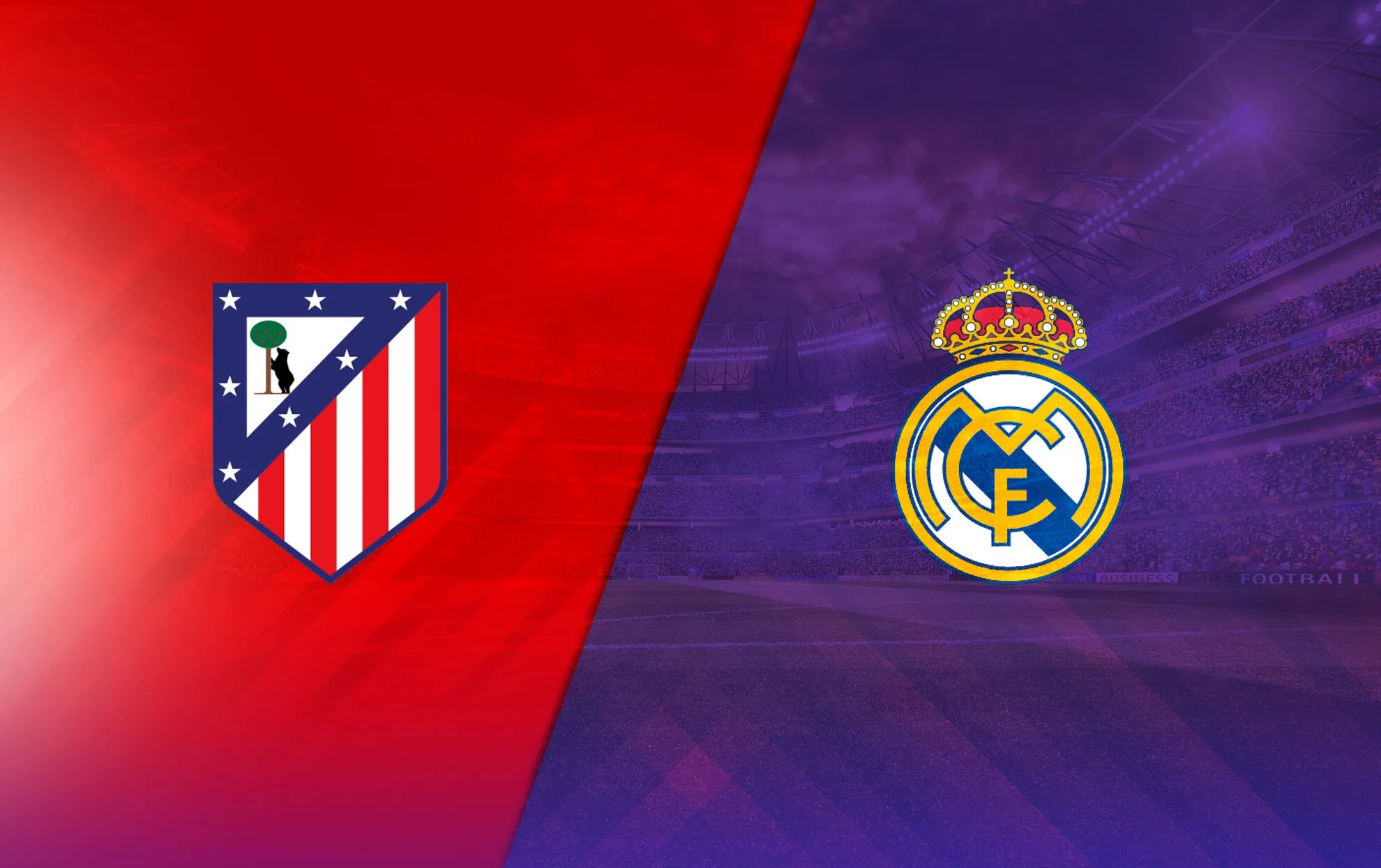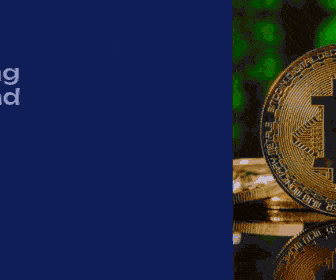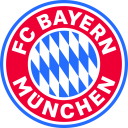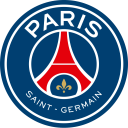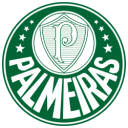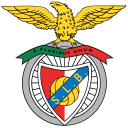 SL BenficaChelsea SL BenficaChelsea 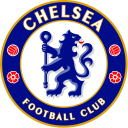
1 - 4Full Time |
Recap
Benfica and Chelsea are two of Europe’s most storied football clubs, each with a rich tradition, passionate fanbases, and significant success both domestically and internationally. When these two meet, it’s a clash of distinct football cultures, histories, and styles.
Benfica (Sport Lisboa e Benfica)
-
Founded: 1904, Lisbon, Portugal
-
Nickname: “As Águias” (The Eagles)
-
Colors: Red and white
-
Home Stadium: Estádio da Luz, Lisbon (capacity ~65,000)
-
Achievements:
-
Primeira Liga (Portuguese league) champions over 30 times
-
Taça de Portugal (Portuguese Cup) winners multiple times
-
European Cup (now Champions League) winners twice (1961, 1962)
-
Legendary for developing young talent and their attacking, skillful style
-
Benfica is Portugal’s most successful club and has a reputation for nurturing young players who go on to star in Europe’s top leagues. Known for their tactical intelligence and technical ability, Benfica combines tradition with ambition.
Chelsea Football Club
-
Founded: 1905, London, England
-
Nickname: “The Blues”
-
Colors: Blue and white
-
Home Stadium: Stamford Bridge, London (capacity ~41,000)
-
Achievements:
-
Multiple English League Titles including Premier League championships
-
Several FA Cups and EFL Cups
-
Two UEFA Champions League titles (2012, 2021)
-
Multiple UEFA Europa League trophies
-
Known for tactical flexibility, strong defense, and high-profile stars
-
Chelsea rose to prominence especially in the 2000s and 2010s with significant investment, becoming one of Europe’s richest and most successful clubs. They balance physicality with flair and have a history of big-match resilience.
Historical Head-to-Head
Benfica and Chelsea have met in European competitions on several occasions, including in the UEFA Champions League group stages and knockout rounds. These matches are often tightly contested, highlighting contrasting football philosophies:
-
Benfica’s approach is traditionally possession-based, with an emphasis on technical skills, quick passing, and attacking flair.
-
Chelsea’s style tends to be more pragmatic, mixing disciplined defense with rapid counterattacks and physical strength.
Each encounter is marked by tactical battles between Benfica’s fluidity and Chelsea’s structured resilience.
Key Matches & Moments
-
Champions League Encounters:
Benfica and Chelsea have faced off multiple times in the group stages of the Champions League. These matches often produce high tension and tactical intrigue, with both clubs looking to assert European dominance. -
Notable Players on Both Sides:
Over the years, several stars have shone in these clashes: Benfica’s legendary players like Eusébio (historically) and modern talents such as João Félix, against Chelsea’s stars like Frank Lampard, Didier Drogba, and N’Golo Kanté.
Cultural and Fan Impact
-
Benfica fans are famous for their passionate singing and vibrant atmosphere at Estádio da Luz. Their chants create a powerful home advantage and reflect the club’s deep connection to Portuguese culture and history.
-
Chelsea supporters bring the intensity of London football, known for their unwavering support and the electric atmosphere at Stamford Bridge.
When Benfica and Chelsea meet, it’s more than a game — it’s a cultural exchange and a showcase of European football diversity.
Tactical Analysis
-
Benfica often tries to dominate possession, control the midfield, and exploit spaces with quick wingers and creative midfielders.
-
Chelsea typically sets up with a solid defensive shape, looking to absorb pressure and break quickly with pacey attackers and strong central midfielders.
Coaches of both teams prepare intensely for these encounters, knowing that a small tactical advantage can decide the result.
What to Expect in Future Meetings
-
Competitive, intense matches with high stakes, especially if in knockout rounds.
-
Battles between tactical discipline and technical creativity.
-
Potential for close scorelines, with either team capable of moments of brilliance or defensive resilience.
-
Passionate fan support influencing the atmosphere and momentum.
Details
| Date | Time | League | Season | Match Day |
|---|---|---|---|---|
| June 28, 2025 | 8:00 pm | FIFA Club World Cup | 2025 | June 28, 2025 |
Results
| Team | 1st Half | 2nd Half | Goals | Outcome |
|---|---|---|---|---|
| SL Benfica | 0 | 1 | 1 | Loss |
| Chelsea | 0 | 4 | 4 | Win |


